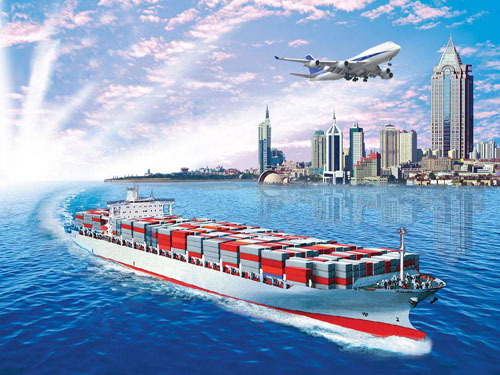
First, the management of the logistics planning stage
Plans are some of the prior considerations as a basis for action. Logistics planning is a preparatory work to achieve the goals that logistics is expected to achieve.
The logistics plan must first determine the goals to be achieved by the logistics and the priorities of the various tasks to achieve this goal.
Second, we must analyze and study any external influences that may occur during the realization of logistics goals, especially the unfavorable factors, and determine the countermeasures against these unfavorable factors. Third, make concrete measures to implement and guide the manpower, material resources, and financial resources for realizing the logistics goals.
Second, the implementation phase of logistics management
The implementation phase of logistics management is the management of ongoing logistics activities. It has the most prominent position in the management of all phases of logistics. This is because at this stage the plans will be tested through specific implementation. At the same time, it also closely integrates the specific activities of logistics management and logistics.
(1) The organization of logistics activities and the organization of command logistics refer to the rational integration of various interrelated links in logistics activities to form an organic whole so that each department and each logistics in logistics can be brought into full play. The role of workers. The command of logistics refers to the unified scheduling of various logistics links, departments, and agencies in the logistics process.
(2) Supervision and inspection of logistics activities Through supervision and inspection, we can understand the implementation of logistics, expose contradictions in logistics activities, identify existing problems, analyze the causes of the problems, and propose methods for overcoming them.
(III) Adjustment of logistics activities During the implementation of the logistics plan, there will always be imbalances in all departments and links of logistics. In order to meet the above problems, it is necessary to make new comprehensive balances for the capabilities of various logistics departments and links in light of the factors affecting logistics, and to re-arrange the power of achieving logistics goals. This is the adjustment of logistics activities.
Third, management of logistics evaluation stage
In a certain period of time, people compared and analyzed the results of logistics implementation with the original planned logistics goals. This is the evaluation of logistics. Through comprehensive analysis of logistics activities, people can determine the scientificity and rationality of the logistics plan and confirm the achievements and deficiencies of the logistics implementation stage, thus providing valuable experience and information for the formulation of new plans and organization of new logistics in the future. According to the scope of logistics evaluation, logistics evaluation can be divided into specialized evaluation and comprehensive evaluation. According to the relationship between logistics departments, logistics evaluation can be divided into vertical and horizontal logistics evaluation. It should be pointed out that no matter what kind of evaluation method is adopted, the evaluation means must rely on specific evaluation indicators. This indicator is usually expressed as a physical indicator and a comprehensive indicator.
Thermal Management System,Electric Water Pump Controller,Brushless Motor Electric Water Pump,Electric Water Pump New Energy Vehicle
Fuxin Dare Automotive Parts Co., Ltd. (DARE AUTO) , https://www.fuxindareauto.com
